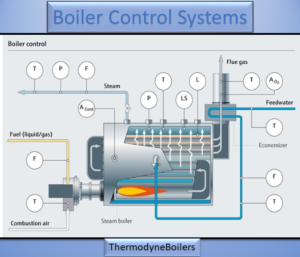Thermodyne Engineering Systems
Boilers control system
we offer Boiler control System, low-pressure boiler, wood boiler Today’s industrial steam boilers demand boiler control systems that are optimized to achieve superior efficiency and ease of use, with built-in safeguards against error. As an industrial boiler distributor specializing in the installation and servicing of new and existing steam boilers, Bacon Engineering is well known for our expertise in designing industrial boiler control systems to meet your specific boiler and burner requirements. We do all programming and design engineering in the house for maximum flexibility.

steam generator boiler
we offer a wide range of industrial boiler control systems that are suitable for many industries, from government and hospitals to manufacturing and utility applications. These systems include DCS, PLC, single-loop controls, and more. We source from leading brands of boiler controls, including ABB, Allen-Bradley, Emerson, Foxboro, GE, Honeywell, Siemens, Westinghouse, Yokogawa, and others, to accommodate your industrial boiler needs.
To learn more about our industrial boiler control systems, including services such as installation, retrofitting, and troubleshooting, please contact Thermodyne Engineering System today.
The controller is a bi-directional, multi-function web-based wireless real-time unit that enables a user to remotely control up to ten boilers; operate heating and hot water systems separately; monitor energy usage and provide energy and temperature profiling.
Water heater boiler
Burner control unit CM contains all the electronic safety functions such as flame control, burner capacity control, electronic mixture regulation and control, and temperature control and safety temperature limiting. It also has a fault lock-out function and an error diagnostics tool. In addition, the CM allows a modular design for control and safeguarding. The advantages: burner control units differing for gas and oil can thus be combined with different heating controllers. Burner control unit CM is available as a circuit board version or can be built into a housing…
Boiler control unit KM is equipped with all the electronic safety and basic control functions of a heater. The device is also available in a compact version with integrated display and operation. For special requirements, a customer-specific version with diverse options for bus connection and for the display and functions can be developed on request. Boiler control unit KM is equipped with the classic connection options for room temperature controllers, e.g. with Open Therm interface; an eBUS interface is available in order to extend the unit to form a complete control system.
Boiler control system FAQ
A boiler control system is a set of devices and software that monitors and regulates the operation of a boiler. It ensures that the boiler operates safely, efficiently, and reliably.
There are two main types of boiler control systems: pneumatic and electronic. Pneumatic systems use compressed air to transmit signals between devices, while electronic systems use electrical signals.
Boiler control systems offer a number of benefits, including:
Improved safety: Boiler control systems can help to prevent boiler explosions and fires by monitoring and regulating the boiler’s operation.
Increased efficiency: Boiler control systems can help to improve the efficiency of a boiler by optimizing the fuel burn rate.
Reduced emissions: Boiler control systems can help to reduce the emissions of harmful pollutants from a boiler.
Improved reliability: Boiler control systems can help to improve the reliability of a boiler by preventing breakdowns and malfunctions.
The components of a boiler control system typically include:
Boiler: The boiler is the heart of the system and produces the heat that is used to heat water or steam.
Control valves: Control valves regulate the flow of water or steam into and out of the boiler.
Sensors: Sensors monitor the temperature, pressure, and flow of water or steam in the boiler.
Controllers: Controllers receive signals from the sensors and use them to control the operation of the boiler.
Displays: Displays show the status of the boiler and the operation of the control system.
A boiler control system works by monitoring the temperature, pressure, and flow of water or steam in the boiler. Sensors detect changes in these parameters and send signals to the controller. The controller uses these signals to adjust the operation of the boiler, such as opening or closing control valves, to maintain the desired temperature or pressure.
There are two main types of controllers used in boiler control systems: on-off controllers and proportional-integral-derivative (PID) controllers
On-off controllers are the simplest type of controller and only have two settings: on and off. On-off controllers are often used in boilers that do not require a high degree of accuracy or control.
PID controllers are more complex than on-off controllers and can provide a more precise level of control. PID controllers are often used in boilers that require a high degree of accuracy or control, such as boilers that are used to heat water for medical or scientific applications.
Boiler control systems should be regularly maintained to ensure that they operate properly. Maintenance tasks may include:
Cleaning and inspecting the sensors
Calibrating the controllers
Replacing worn or damaged components
There are a number of signs that may indicate that a boiler control system is malfunctioning. These signs may include:
The boiler does not heat up properly
The boiler overheats
The boiler produces smoke or soot
The boiler leaks water or steam
The boiler control system displays error messages
If you think your boiler control system is malfunctioning, you should contact a qualified technician to have it inspected and repaired.
You can get more information about boiler control systems from a number of sources, including:
Boiler manufacturers
Boiler distributors
Boiler service companies
Online resources
